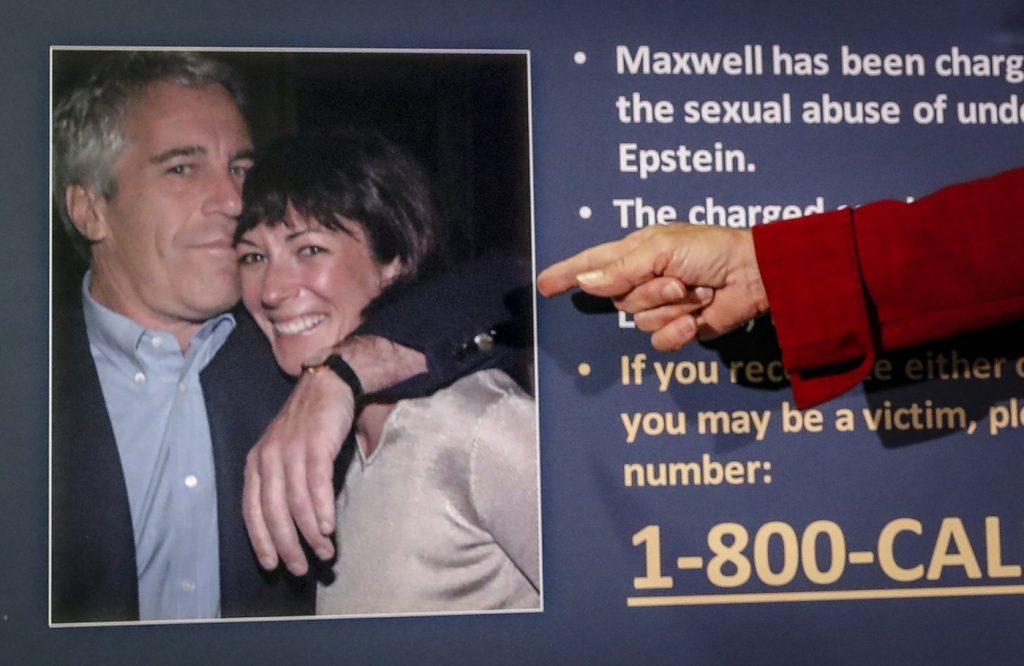CHICAGO (AP) — President Donald Trump announced on Friday that Chicago may soon become the next target in his initiative to combat crime, homelessness, and illegal immigration. He hinted at a potential deployment of federal troops similar to the 2,000 troops currently stationed in Washington, D.C., to maintain order amid ongoing unrest.
While speaking to reporters at the White House, Trump expressed that after Chicago, New York could also be a focus for his administration's law enforcement efforts. He labeled Chicago a "mess" and claimed that its residents are "screaming for us to come," despite evidence showing a significant decrease in violent crime in the city.
As the Pentagon prepared to allow troops in Washington to carry firearms, Trump's comments were met with swift criticism from Illinois lawmakers. Chicago Mayor Brandon Johnson stated that his office had received no formal communication from the Trump administration regarding the deployment of military or federal law enforcement in the city. He expressed "grave concerns" over what he termed the "unlawful deployment of National Guard troops" and denounced Trump’s approach as "uncoordinated, uncalled for, and unsound," warning it could escalate tensions between the community and law enforcement.
It remains unclear how Trump could implement a crackdown in Chicago, particularly given that local laws provide greater authority to home rule compared to D.C. Additionally, Donald Trump Jr. suggested that cities in the Pacific Northwest, such as Portland and Seattle, could also be targeted due to crime rates, indicating a broader strategy for urban areas run by Democratic leadership.
In response to Trump’s statements, Illinois Governor J.B. Pritzker criticized the notion of a military intervention, noting that the public is not demanding an "authoritarian power grab of major cities." U.S. Senator Dick Durbin of Illinois condemned Trump's strategy as "political theater," emphasizing that Chicago is a diverse and vibrant city that can benefit from bipartisan solutions to crime rather than militaristic tactics. He stated that such threats from Trump were a distraction from the administration's own issues.
Senator Tammy Duckworth, an Army National Guard combat veteran, echoed concerns about the misuse of the military and called Trump's comments an intimidation tactic against American citizens. Lisa Hernandez, chair of the Democratic Party of Illinois, described Trump’s rhetoric as harmful and based on historical racist narratives surrounding urban crime.
Despite Trump’s claims, violent crime in Chicago has seen notable reductions, with a more than 30% drop in shootings and homicides in the first half of 2025 compared to the previous year. Johnson emphasized that real solutions to crime lies in community investment, focusing on mental health, community safety, and education rather than military intervention.
Johnson urged Trump to restore funding that had been cut from violence-prevention programs, suggesting that the federal government could engage more positively in reducing crime in Chicago without resorting to military presence. Community advocate Pastor Donovan Price reinforced this stance, stressing that local initiatives, not militaristic approaches, are essential for addressing gun violence.
Overall, the dialogue surrounding Trump's potential actions in Chicago reflects deep divisions in approaches to public safety and community welfare, raising questions about the efficacy and appropriateness of federal intervention in urban settings.












